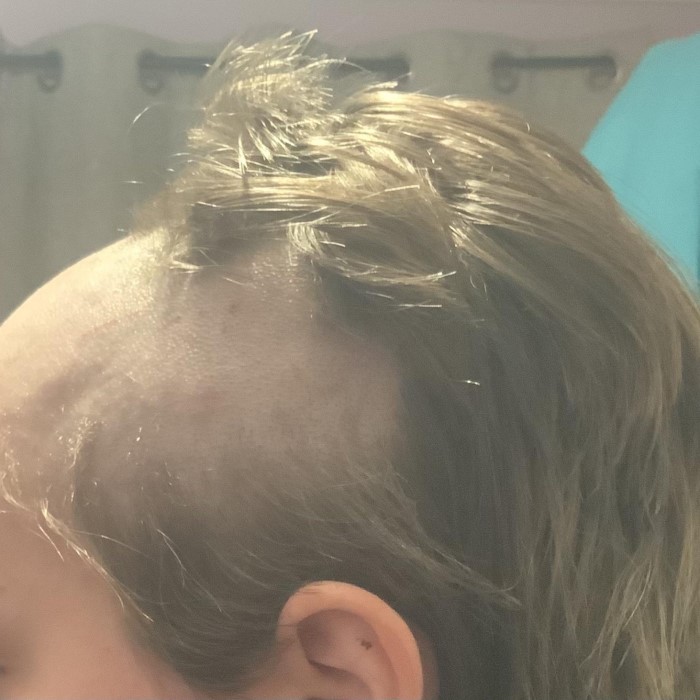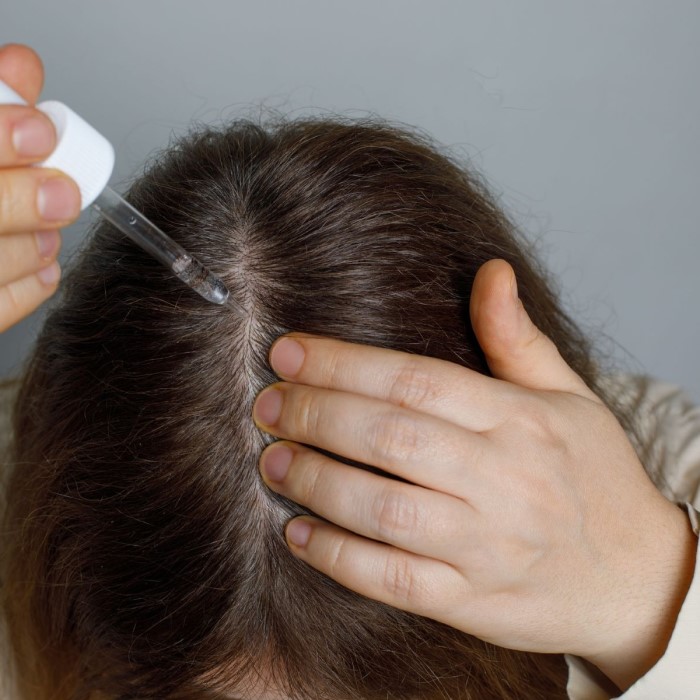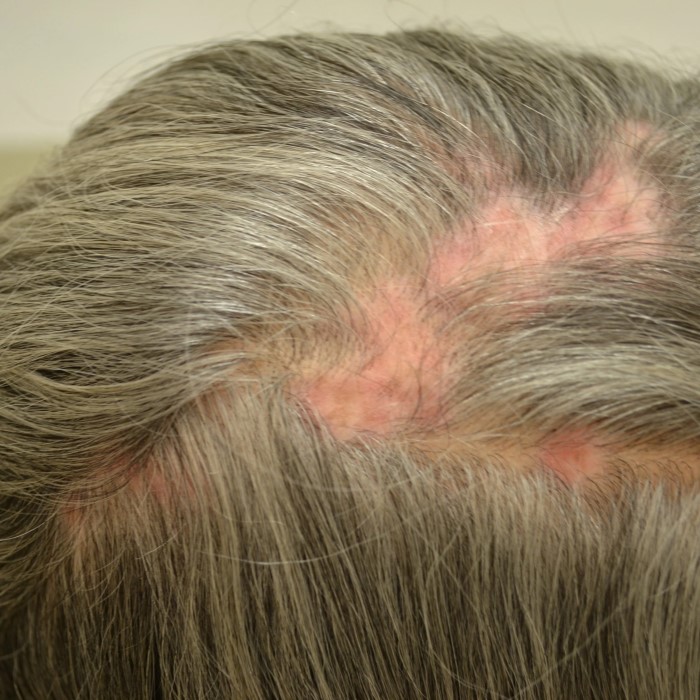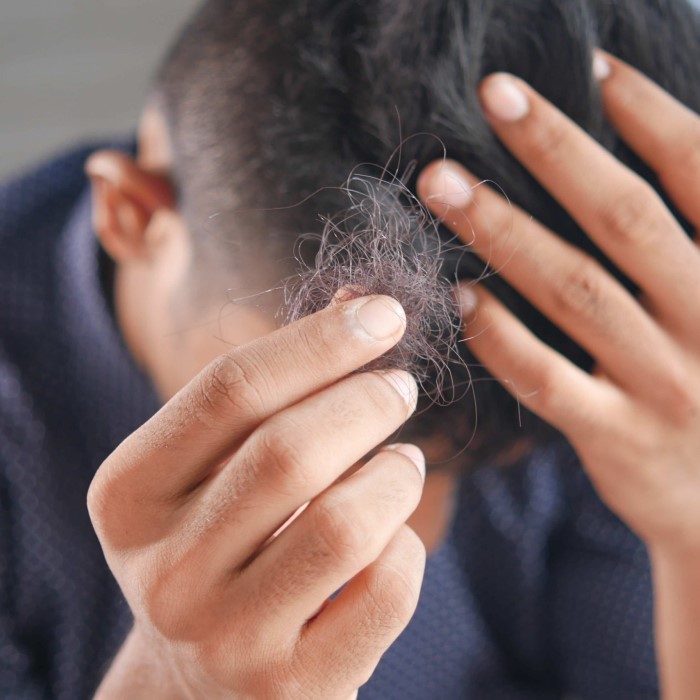
Does Lexapro Cause Hair Loss? Expert Opinions for 2025 Patients
What is Lexapro?
Lexapro, a widely prescribed medication for depression and anxiety, belongs to a class of drugs known as selective serotonin reuptake inhibitors (SSRIs). Many patients consider its potential side effects, one of which includes hair loss. An important question arises: does Lexapro cause hair loss? As mental health awareness grows, so does the need for comprehensive information for patients seeking treatment and understand side effects. This article will delve into expert opinions, recent studies, and patient experiences surrounding this topic, helping to provide clarity for those worried about potential hair loss related to Lexapro.
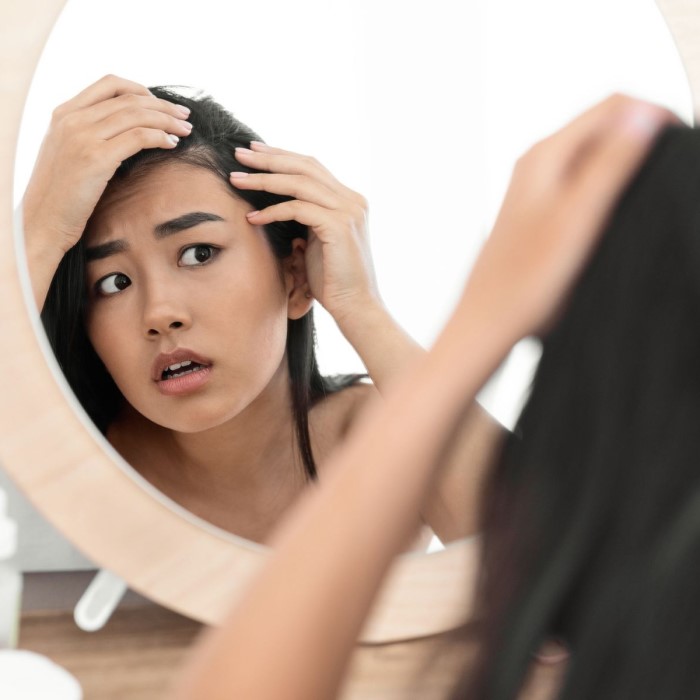
Overview of Lexapro
Lexapro, also known by its generic name escitalopram, is part of the SSRI drug category. SSRIs work by increasing serotonin levels in the brain, which helps improve mood and emotional balance. Lexapro is highly regarded for its efficacy and has been widely prescribed globally. It generally comes in tablet or liquid form, allowing flexibility for patient preference.
Common Uses of Lexapro
Lexapro is primarily prescribed for major depressive disorder (MDD) and generalized anxiety disorder (GAD). These conditions often involve prolonged periods of sadness, stress, or worry that interfere with daily life. Lexapro helps manage symptoms by stabilizing serotonin levels. Healthcare providers may also prescribe Lexapro off-label for other mental health conditions, though its effectiveness varies by individual. Regular consultation with a healthcare provider ensures proper usage and monitoring.
How Does Lexapro Work in the Body?
Does lexapro cause hair loss? Understanding how Lexapro functions in the body can provide insight into its effects. Lexapro influences brain chemistry to help manage symptoms of depression and anxiety effectively.
Mechanism of Action
Lexapro primarily works by targeting serotonin, a key neurotransmitter in the brain. Serotonin plays a crucial role in mood regulation, sleep, and emotional well-being. Lexapro belongs to the selective serotonin reuptake inhibitor (SSRI) class. SSRIs increase serotonin levels by blocking its reabsorption in brain cells. This process ensures more serotonin remains available to enhance communication between brain cells. The increase in serotonin helps reduce symptoms of depression and anxiety, promoting feelings of calmness and emotional stability. While effective, it typically takes a few weeks for Lexapro to show noticeable results.
Impact on Brain Chemicals
Lexapro’s effect on serotonin has a ripple effect on other brain chemicals. By balancing serotonin, it indirectly influences dopamine and norepinephrine, other neurotransmitters linked to mood and emotional responses. This balance helps stabilize feelings, reduce stress, and improve overall mental health. While effective for many, responses to Lexapro vary across individuals. Monitoring by a healthcare professional is essential to ensure appropriate adjustments if needed. Proper use of Lexapro can significantly enhance mental well-being while potentially minimizing side effects.
Can Lexapro Cause Hair Loss?
Lexapro is known for treating depression and anxiety effectively. However, patients and researchers sometimes question if it could lead to hair loss. Hair loss is a concern for many patients taking medications. Identifying whether Lexapro causes it helps individuals make informed decisions.
Analyzing Hair Loss as a Side Effect
Hair loss is not listed as a common side effect of Lexapro. Most studies do not identify hair loss as a frequent issue. Selective serotonin reuptake inhibitors (SSRIs), including Lexapro, may cause adverse effects. However, hair loss could be a very rare complication.
Some individuals report shedding or thinning hair while using Lexapro. This problem may stem from underlying conditions rather than the medication itself. Factors like stress or nutritional deficiencies often contribute to hair concerns. Medication might also influence the hair growth cycle in rare cases. Consulting a healthcare provider can explain possible connections.
Frequency of Hair Loss Among Lexapro Users
Reported cases of hair loss associated with Lexapro are limited. According to clinical trials, fewer individuals experience this issue compared to more common side effects. Hair loss cases may be isolated or linked to broader factors such as emotional stress.
While rare, experiencing hair thinning or loss can still feel concerning for individuals. Patients are encouraged to discuss any unusual symptoms, including hair changes, with their healthcare provider. This allows medical professionals to determine whether Lexapro or other factors are causing the issue.
Potential Causes of Hair Loss While Taking Lexapro
Does lexapro cause hair loss? Hair loss, while rare, can occur in individuals taking Lexapro. Understanding potential causes is crucial.
Role of Stress and Anxiety
Stress and anxiety are common triggers for hair loss. These conditions often lead to changes in hormones, affecting hair health. Lexapro treats depression and anxiety, but stress itself may contribute to shedding. Stress can push hair into a dormant phase, causing excessive hair loss over time. If Lexapro helps reduce stress effectively, hair thinning may improve as emotional stability improves. However, if stress remains unmanaged, the issue might persist.
Changes in Hormones
Hormonal imbalances may also result in hair loss. SSRI medications like Lexapro can influence hormone levels indirectly. A disruption in hormones such as cortisol or testosterone can affect the hair growth cycle. Lexapro’s impact on serotonin can alter the body’s balance of other chemicals, potentially leading to shedding. Men and women might experience hair thinning differently due to variations in hormonal responses. Regular monitoring by a healthcare provider can help address these concerns and identify if Lexapro is a contributing factor.
Other Side Effects of Lexapro
Like many medications, Lexapro may cause side effects in some individuals. While it is widely considered effective, being aware of potential side effects helps users make informed choices. These side effects can be categorized into physical and emotional impacts.
Physical Side Effects
Lexapro can result in some physical discomforts. Common physical side effects include nausea, dizziness, and fatigue. Other possible issues involve dry mouth, sweating, and changes in appetite or weight. Insomnia or drowsiness may occur as well, varying across individuals.
In rare cases, Lexapro might cause sexual dysfunction such as reduced libido or difficulty achieving orgasm. Gastrointestinal disturbances, like diarrhea or upset stomach, can also arise. Although uncommon, mild headaches may be experienced during the initial weeks of treatment.
For most users, physical side effects diminish as the body adjusts to the medication. Patience is crucial when starting Lexapro, as these symptoms are often temporary.
Emotional Side Effects
Although Lexapro primarily treats mood disorders, it can lead to emotional side effects in certain users. Some people may experience mood swings, irritability, or restlessness. Feelings of nervousness or heightened anxiety could appear when first starting treatment.
Rarely, depressive symptoms or suicidal thoughts might worsen, especially during initial weeks. This is more common among younger individuals. Monitoring changes in mood or behavior is vital.
Always communicate concerns about side effects to a healthcare provider promptly. They can adjust the dosage or recommend alternative treatments if needed. Managing side effects properly ensures Lexapro’s benefits outweigh the discomfort.
How to Identify Hair Loss Due to Lexapro
Identifying whether Lexapro is causing hair loss can be challenging. It’s important to look for specific signs and distinguish them from natural hair shedding. Taking a proactive approach can help determine if the medication is influencing your hair health.
Recognizing the Signs of Medication-Induced Hair Loss
Medication-induced hair loss often presents distinct patterns. Recognizing these signs is the first step:
- Increased Hair Shedding: Noticeable hair falling out during brushing or washing.
- Thinning Hair: Hair appears thinner, especially on the top or sides of the scalp.
- Shedding in Specific Areas: Patches of hair loss versus general thinning.
- Timing: Hair changes begin shortly after starting the medication—typically within a couple of weeks.
Monitor any significant signs of shedding after starting Lexapro. Keep track of changes to determine if they coincide with the medication use.
Differentiating Between Natural Hair Loss and Side Effects
Hair loss may result from factors unrelated to Lexapro. It’s helpful to differentiate natural hair loss from drug side effects:
- Age-Related Hair Loss: Thinning occurs naturally with age, particularly after midlife.
- Pattern Baldness: Conditions like male or female pattern baldness are hereditary and may resemble drug-induced hair loss.
- Medical Conditions: Illnesses like thyroid problems or anemia also lead to hair shedding.
- Stress Levels: High physical or emotional stress can affect the hair cycle, causing diffuse shedding.
- Nutritional Deficiencies: Lack of vital nutrients impairs hair health and growth.
Consult your healthcare provider for a proper evaluation. They may conduct tests to rule out other causes of hair loss. This helps pin down Lexapro as a potential factor.
Tracking hair loss patterns and changes in health is crucial. Keep open communication with your doctor for informed treatment decisions.
Remedies and Treatments for Lexapro-Induced Hair Loss
While Lexapro-induced hair loss is rare, there are remedies to mitigate its effects if it occurs. Identifying the cause and exploring treatment options is key.
Consult with Your Healthcare Provider
If you suspect Lexapro is causing hair loss, speak with your healthcare provider promptly. They can assess your condition and determine if Lexapro is the cause. Medical professionals may perform tests to rule out other factors like stress, hormonal imbalances, or nutritional deficiencies. Based on their findings, they may adjust your dosage or recommend alternative therapies to minimize side effects. Routine follow-ups are important to monitor your progress and ensure optimal hair health.
Exploring Alternative Medications
If Lexapro is possibly contributing to hair loss, switching medications might be an option. Discuss alternatives within the SSRI category with your healthcare provider. Different medications, like sertraline or fluoxetine, may work similarly without causing hair concerns. Your healthcare provider will carefully consider your mental health needs when recommending an alternative. Any changes in medication should be done under strict medical supervision.
Diet and Supplements for Hair Health
Healthy hair often depends on good nutrition. Adding hair-friendly nutrients to your diet helps strengthen hair:
- Biotin: Promotes hair growth and reduces thinning.
- Iron: Prevents shedding and supports healthy scalp circulation.
- Vitamin D: Encourages hair follicle health.
- Omega-3 Fatty Acids: Improves hair texture and prevents dryness.
Include protein-rich foods like eggs, fish, and nuts. Vegetables and fruits provide essential vitamins, promoting hair resilience. Consult a dietitian or doctor before trying new supplements.
Taking steps to improve overall hair health ensures you feel confident and supported during treatment. Work closely with your healthcare provider to achieve the best outcome for both mental and physical well-being.
When to Seek Professional Help?
Recognizing when to seek professional help is critical if you experience side effects from Lexapro. Regular communication with your healthcare provider ensures safe and effective treatment.
Importance of Reporting Side Effects
Reporting side effects promptly can help address concerns before they worsen. Even uncommon issues like hair loss deserve attention. Inform your healthcare provider about new symptoms, such as increased hair shedding. Keep track of when symptoms began and how they have progressed.
In rare cases, Lexapro might trigger severe side effects like intense mood swings or suicidal thoughts. Immediate action is necessary if these symptoms arise. Your healthcare provider can adjust the treatment plan to prioritize safety and well-being. Communication ensures your overall health remains the focus.
Possible Adjustments to Prescription
If Lexapro causes intolerable side effects, your healthcare provider can explore adjustments. These may include altering dosages to minimize adverse reactions. Lowering the dose gradually could alleviate symptoms like hair thinning or emotional distress.
Switching medications might also be an option if Lexapro impacts hair health. Alternative SSRIs or other antidepressants might offer similar benefits without unwanted effects. Each medication interacts differently with the body, so individualized care is essential.
In some cases, adding supplements or lifestyle changes can mitigate side effects. Nutrient boosts, stress management, and proper hair care can complement medical adjustments. Always consult a healthcare professional before making treatment changes.
Seeking professional guidance is a proactive step for better mental and physical health. Monitoring your condition ensures you receive the most appropriate and effective care during Lexapro therapy.
In conclusion, the question of does Lexapro cause hair loss is complex and multifaceted. While some individuals report experiencing changes in hair density, definitive scientific evidence linking Lexapro directly to hair loss remains insufficient. It is vital to consider numerous factors, such as genetics, hormonal changes, and lifestyles.
Health professionals emphasize the importance of continuous dialogue between patients and their healthcare providers. By doing so, individuals can find a tailored approach to manage their mental health while addressing any side effects that arise. Staying informed and aware is critical in navigating the challenges that may accompany treatment, and prioritizing one’s mental well-being will always be essential.
